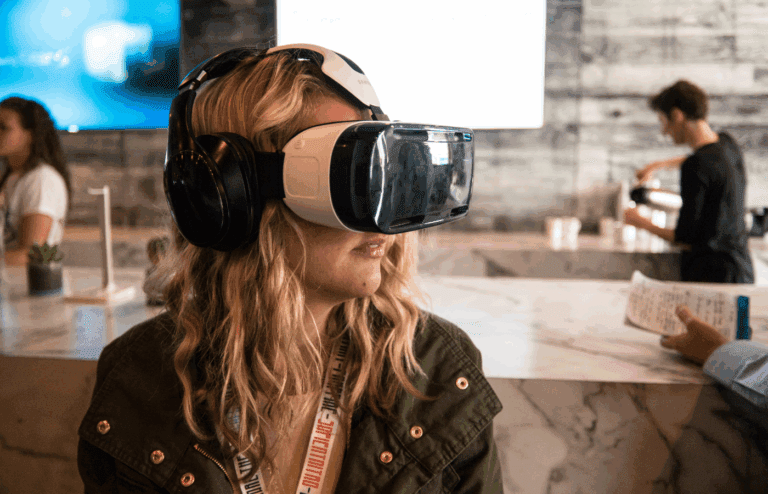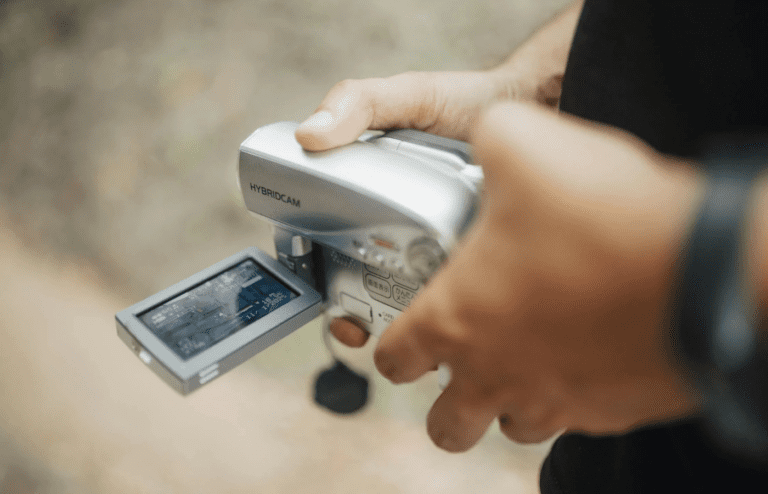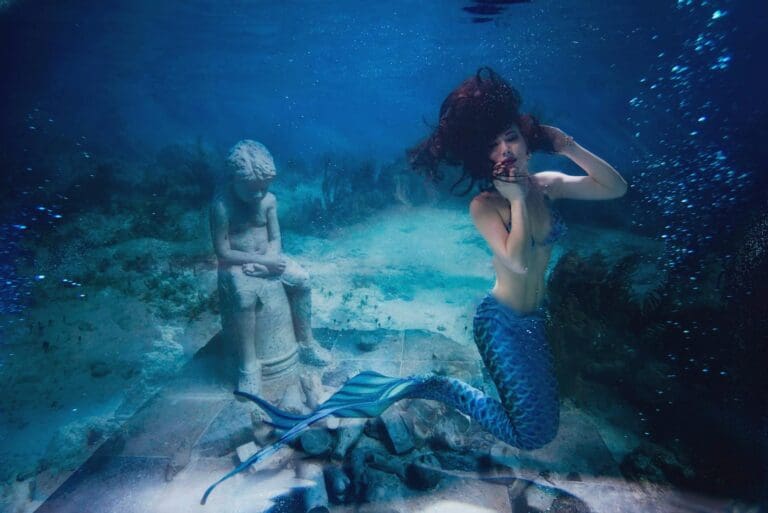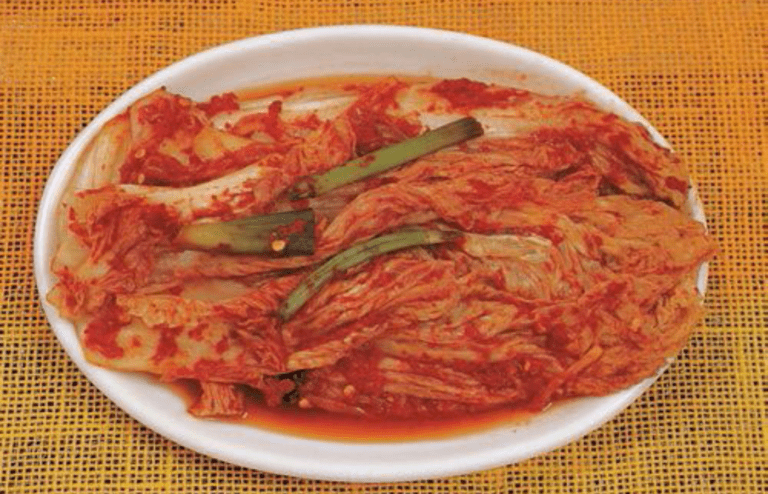When the amount of water your body loses exceeds water intake, you become dehydrated. These 10 foods and drinks contain high amounts of sodium or caffeine and increase urination, leading to dehydration.
10. Very Strong Coffee
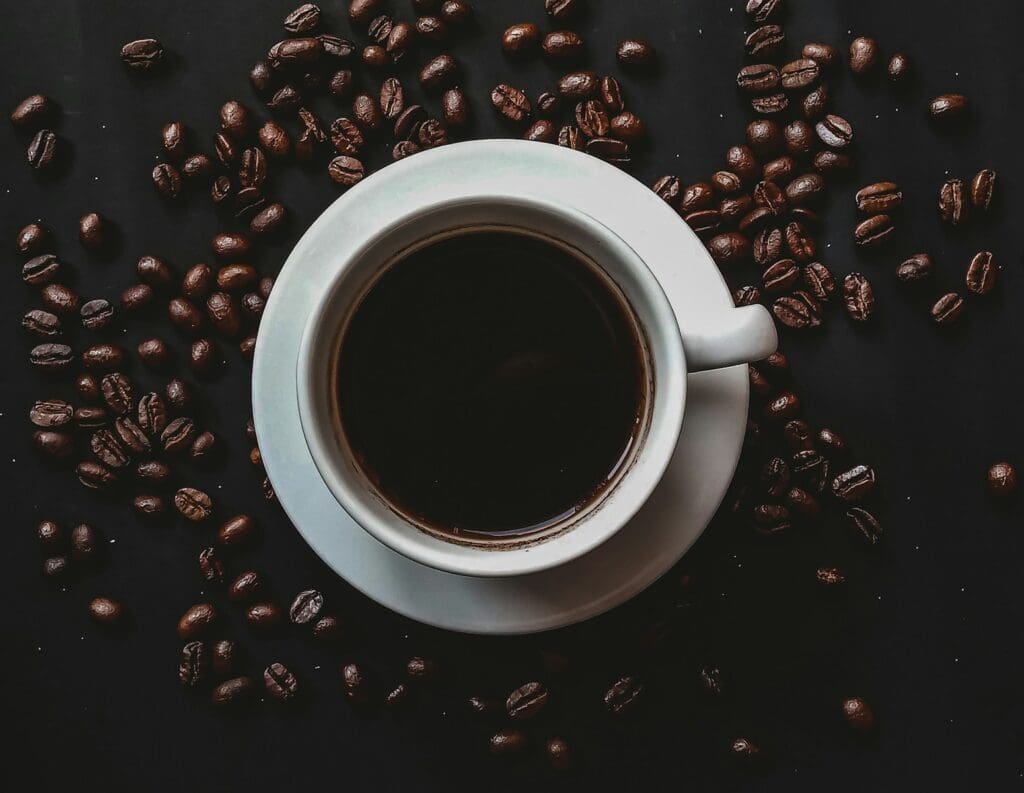
Coffee isn’t necessarily dehydrating when consumed in moderation. However, very strong coffee contains higher amounts of caffeine. A study found strong coffee containing 6 mg/kg of caffeine led to significantly greater urination after consumption. Six mg/kg of caffeine equates to 409 mg of caffeine for a 150-pound person, which exceeds the safe upper limit of 400 mg per day.
9. Fast Food
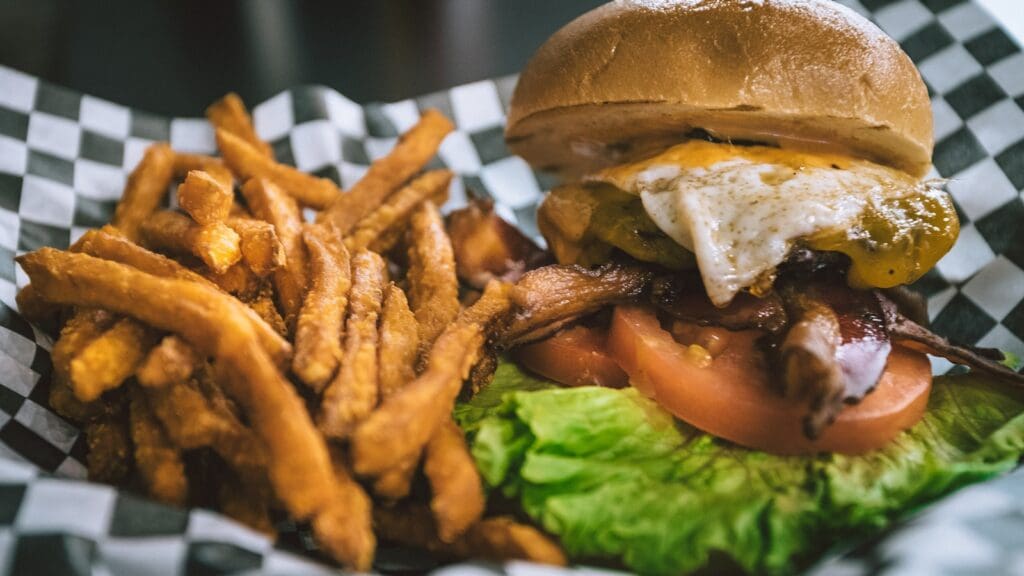
The biggest problem with fast food is that it is often loaded with salt. French fries are the biggest culprit, but there can be more salt than you realize in cheeseburgers, fried chicken, and other foods. High sodium intake leads to increased urine production. Your kidneys must increase urine output to remove the excess sodium from your bloodstream.
8. Energy Drinks
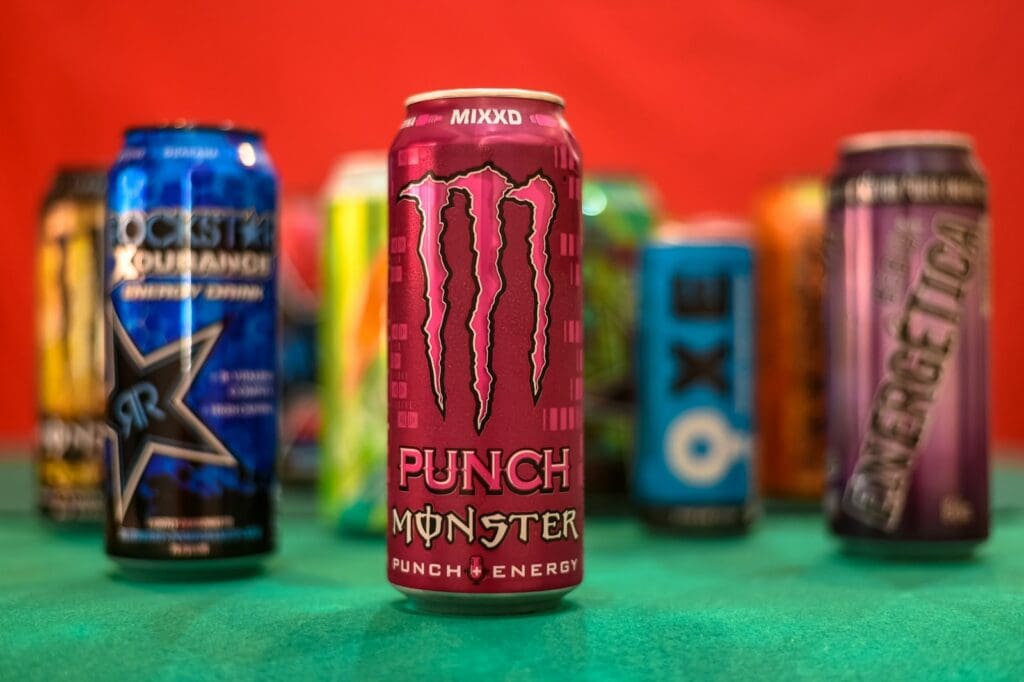
Many energy drinks contain very high amounts of caffeine, much more than sodas. When consumed in large doses, energy drinks can increase urine output. They also slow the fluid absorption in the gastrointestinal tract. Energy drinks can be especially harmful and increase dehydration risk when consumed during or after exercise, particularly in hot environments, and can also cause kidney damage.
7. Chips and Pretzels
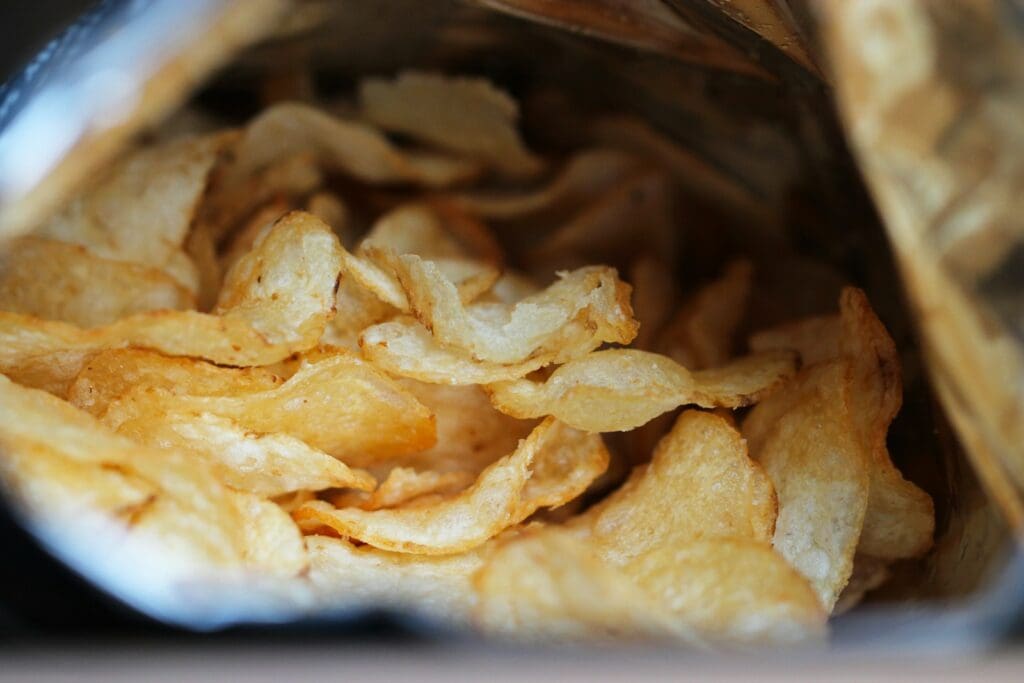
Among the main sources of excess sodium in American diets are chips, pretzels, and savory snacks. A high salt diet increases water loss through the urine, which can contribute to dehydration. You can replace salty snacks with crunchy hydrating foods. Substitute carrots, celery, cauliflower, or broccoli. Fruits and vegetables are an effective way to support optimal hydration.
6. Sugary Drinks
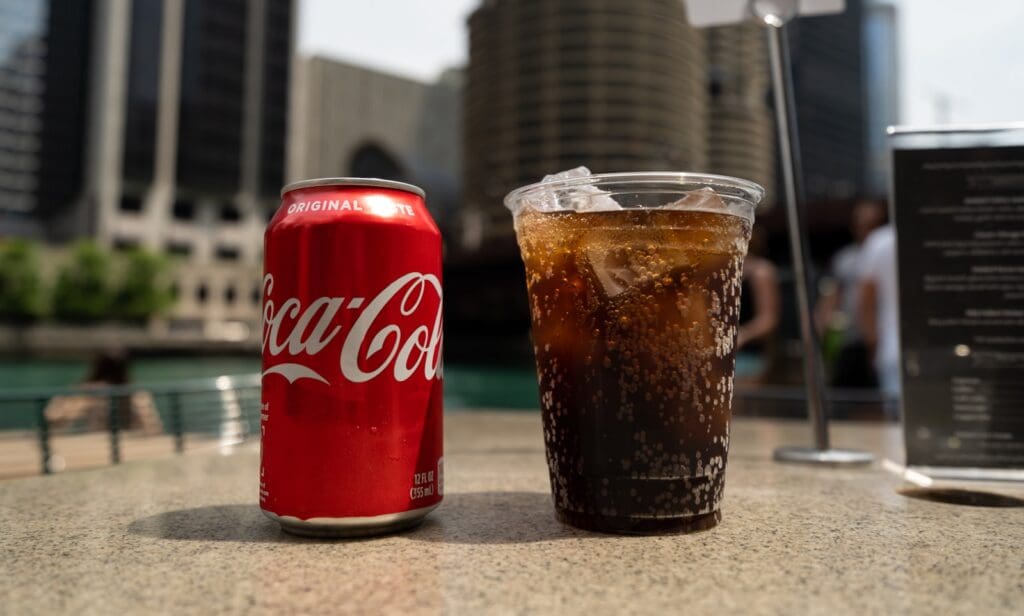
While sugar isn’t dehydrating, many people consume sugary drinks in place of water, leading to dehydration, research shows. Sugary drinks, such as soda, can lead to fluid loss in the gut and affect kidney health. Studies show drinking soda after intensive exercise in the heat can damage the kidneys. Many sugary drinks contain caffeine which increases urine output.
5. Pizza
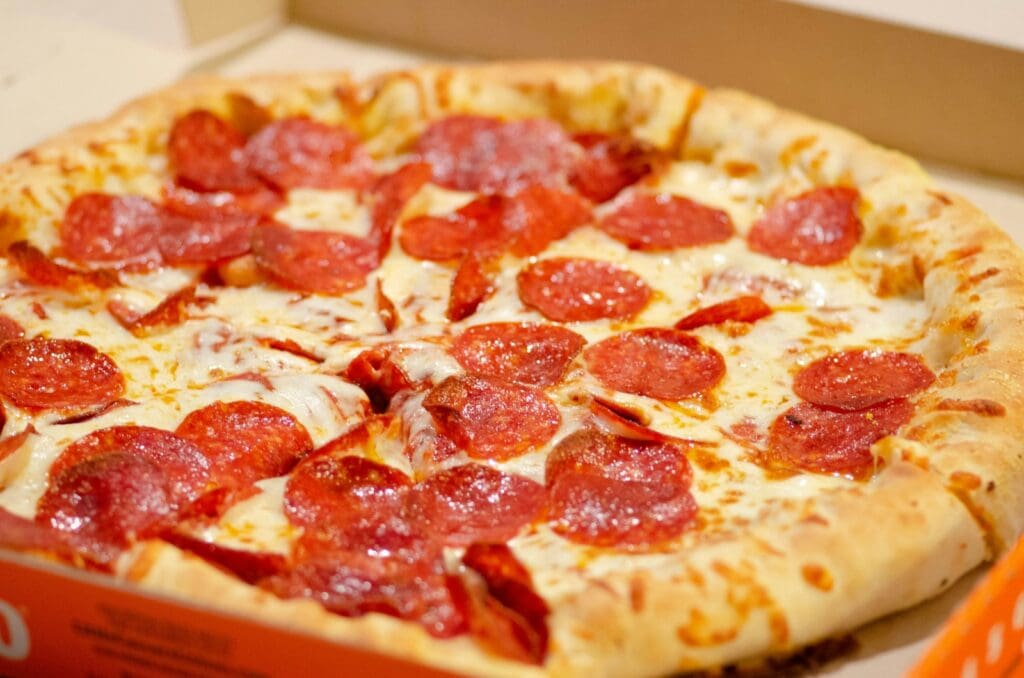
Pizza was #1 among 15 food categories that accounted for over 50% of total sodium intake for American adults, according to a recent study. A single slice of pepperoni pizza from a major chain contained 664 mg of sodium. This represents 28% of the total daily value of sodium not to exceed each day.
4. Restaurant and Take-Out Foods
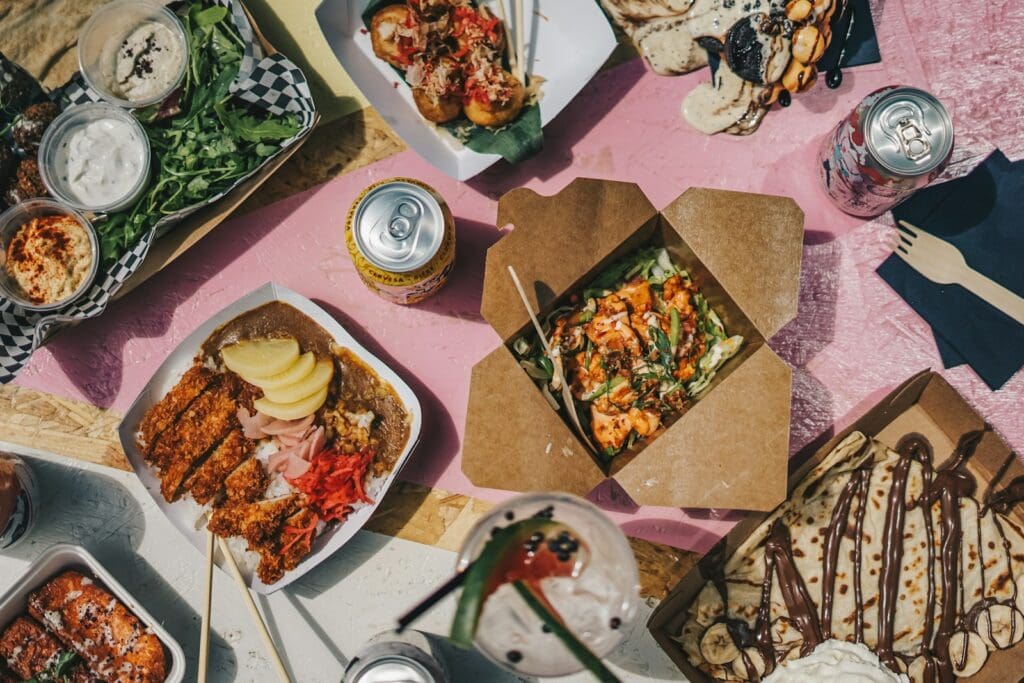
Many sources of take-out foods, including those from restaurants, can contain a surprising amount of salt. A steak burrito from a major chain restaurant contained 1,520 mg of sodium, providing 66% of the DV for sodium, a study found. High-salt foods can harm your hydration status. Plus, over time, too much salt can cause high blood pressure and kidney disease.
3. Salty Condiments
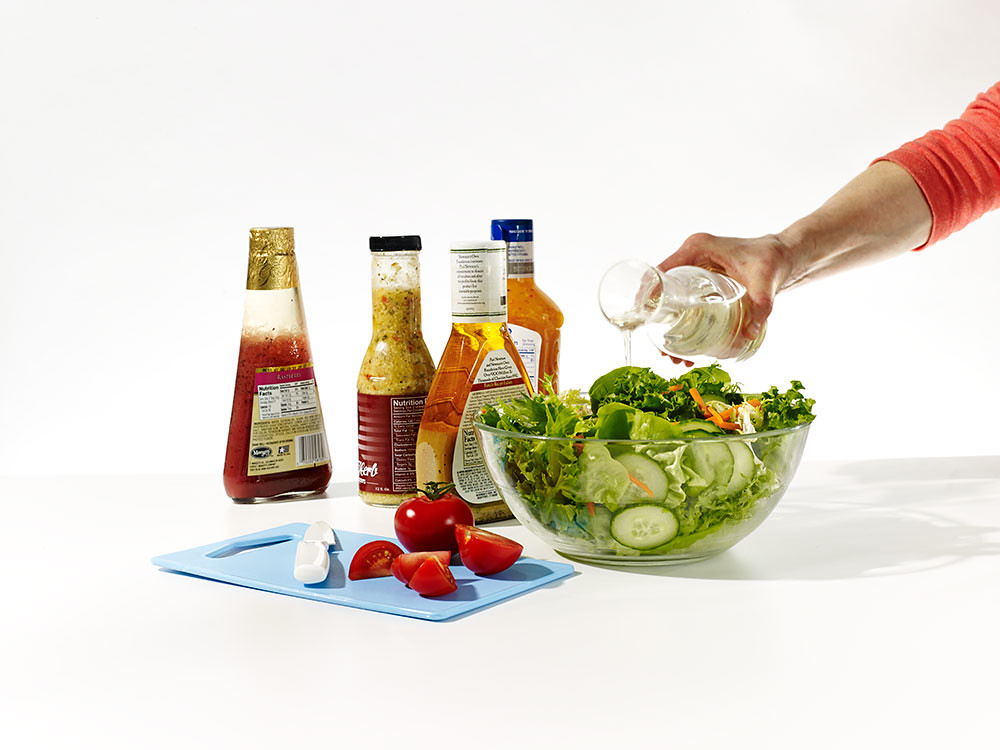
Condiments are a major hidden source of high-sodium content. Items such as soy sauce, ketchup, salad dressings, and more can add extra sodium to your meals. A single tablespoon of soy sauce contains 78 mg of sodium, providing 38% of the daily value. Switch to reduced-salt dressings, lemon juice, or apple cider vinegar instead.
Read More: Stock These Foods in Your Pantry for Emergencies
2. Processed Meats
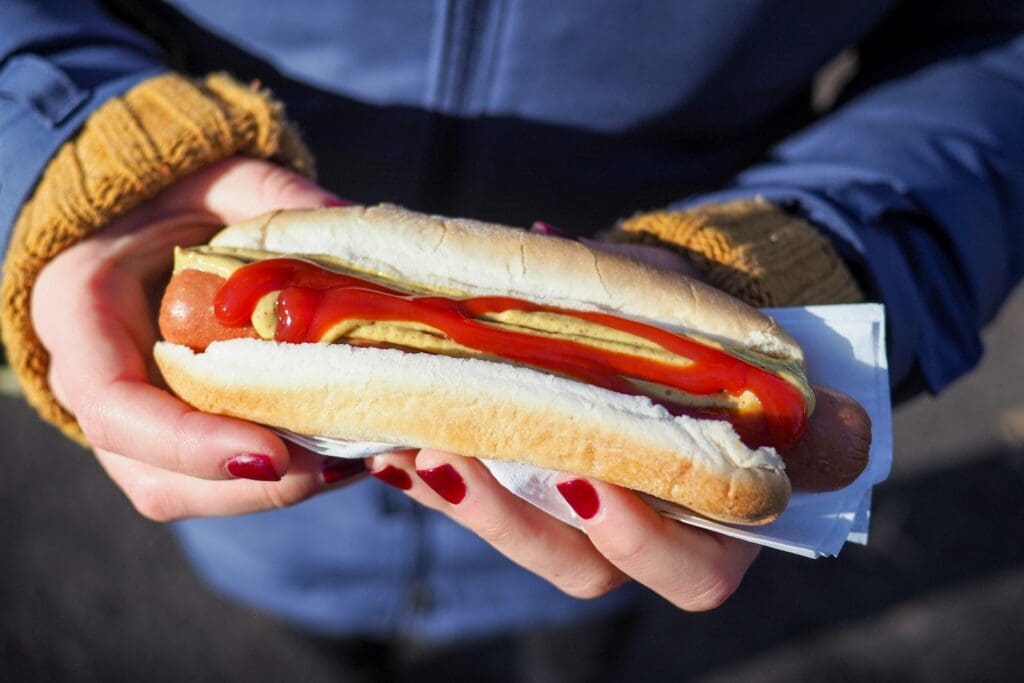
Processed meats such as pepperoni, salami, hotdogs, sausage, ham, and bacon are typically loaded with sodium. These types of meats use salt as both a preservative and flavor enhancer. Processed meat consumption increases sodium intake and can contribute to poor hydration. Further, high consumption of processed meats has been linked to breast and colorectal cancers and other health conditions.
Read More: 20 Ways to Increase Your Energy
1. Alcohol
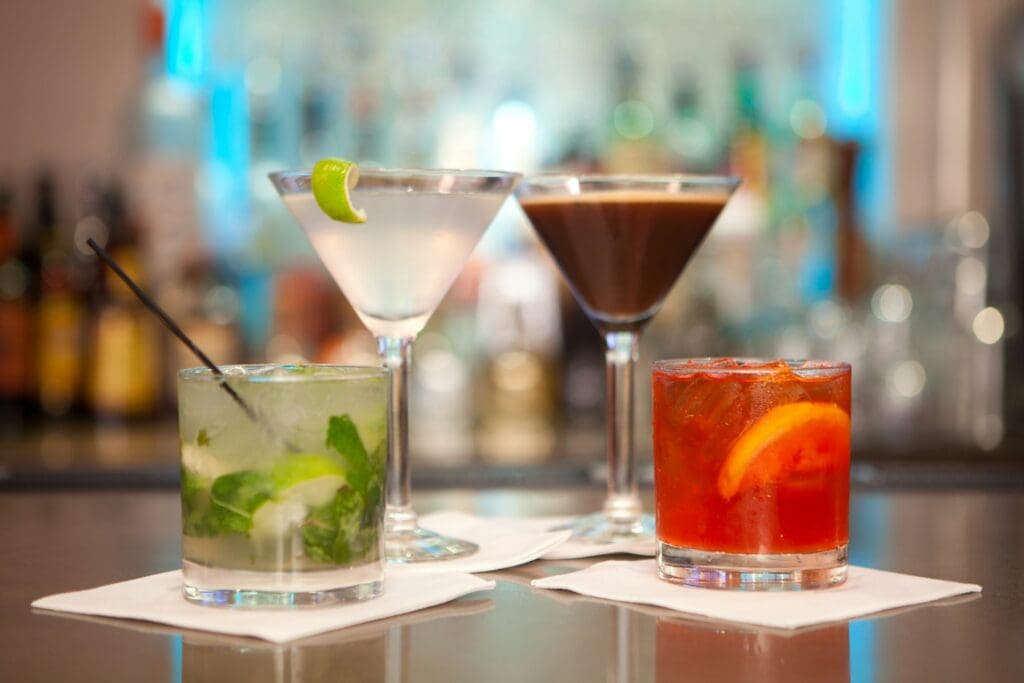
Alcohol acts as a diuretic. A diuretic is any substance that promotes diuresis – the increased production of urine. Thus, urinating more frequently increases the loss of water in your body, which raises your risk of dehydration. Drinking small amounts of low-alcohol beverages like beer is unlikely to cause dehydration. However, large amounts of alcohol or strong drinks can cause dehydration.
Read More: 15 Ways to Trick Yourself into Drinking More Water


